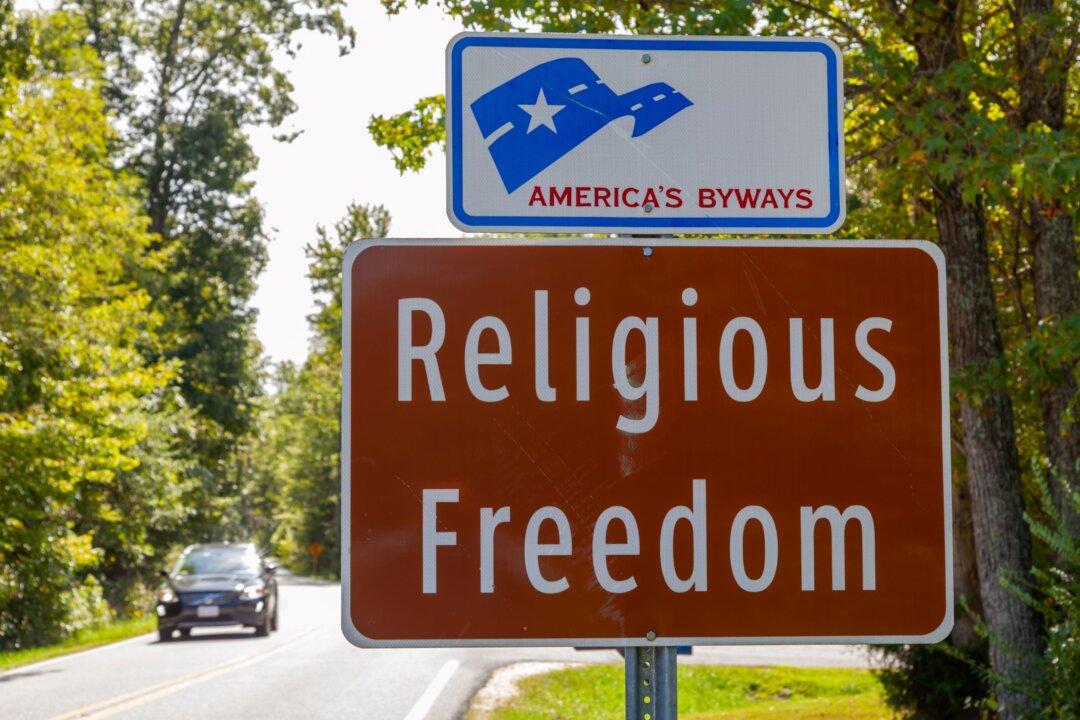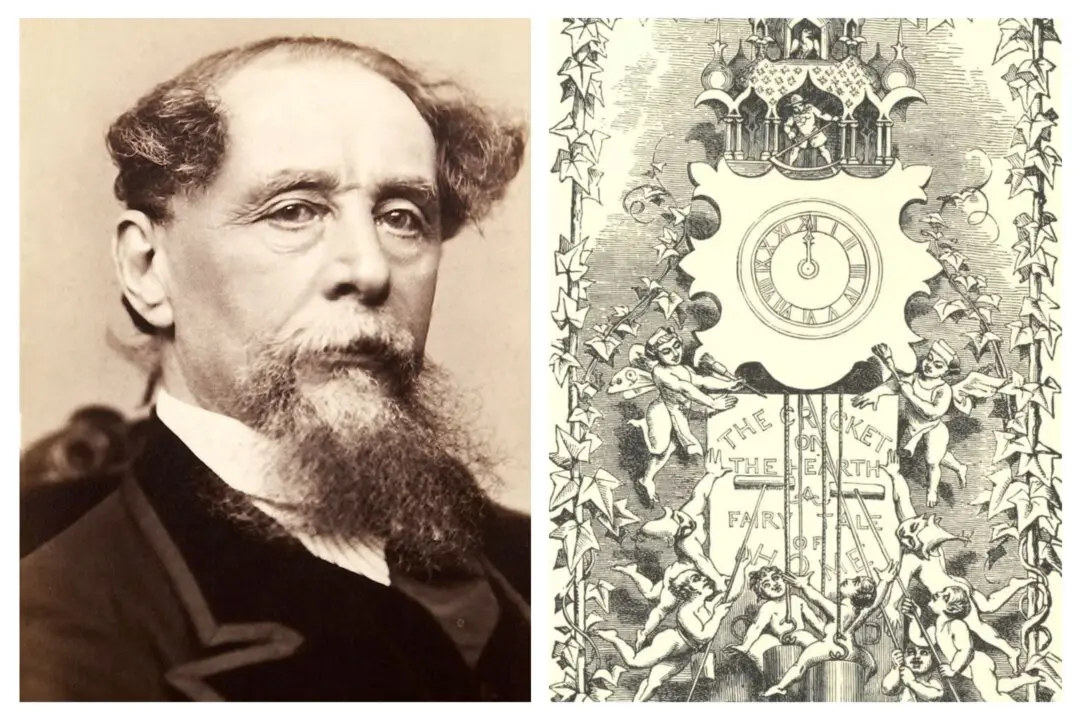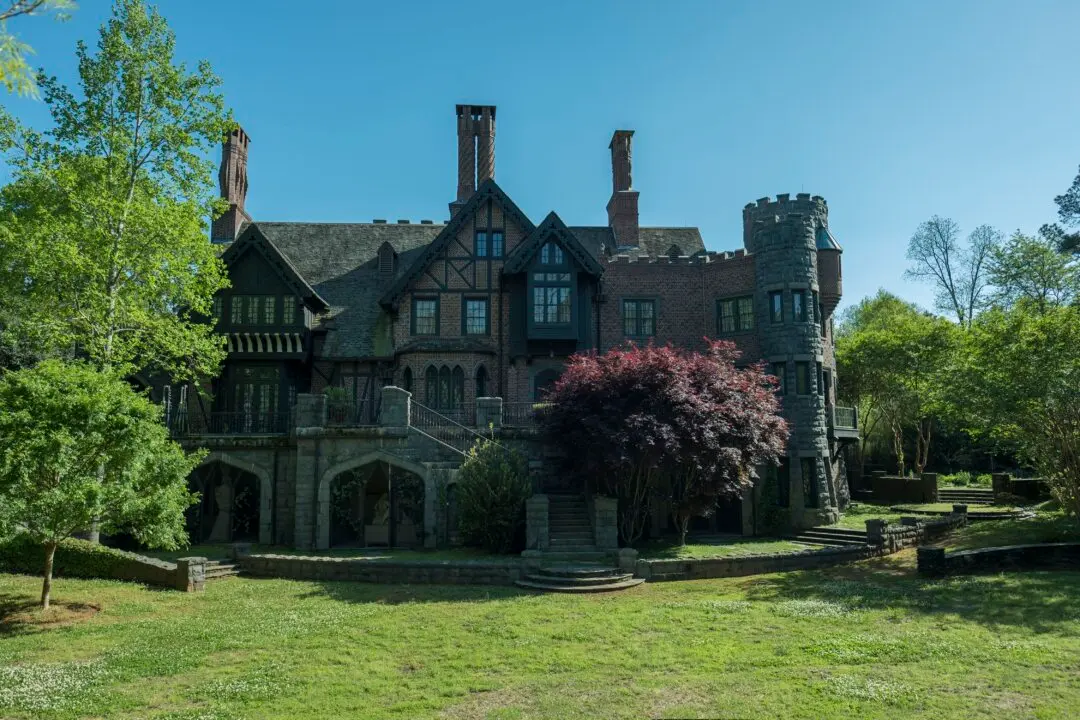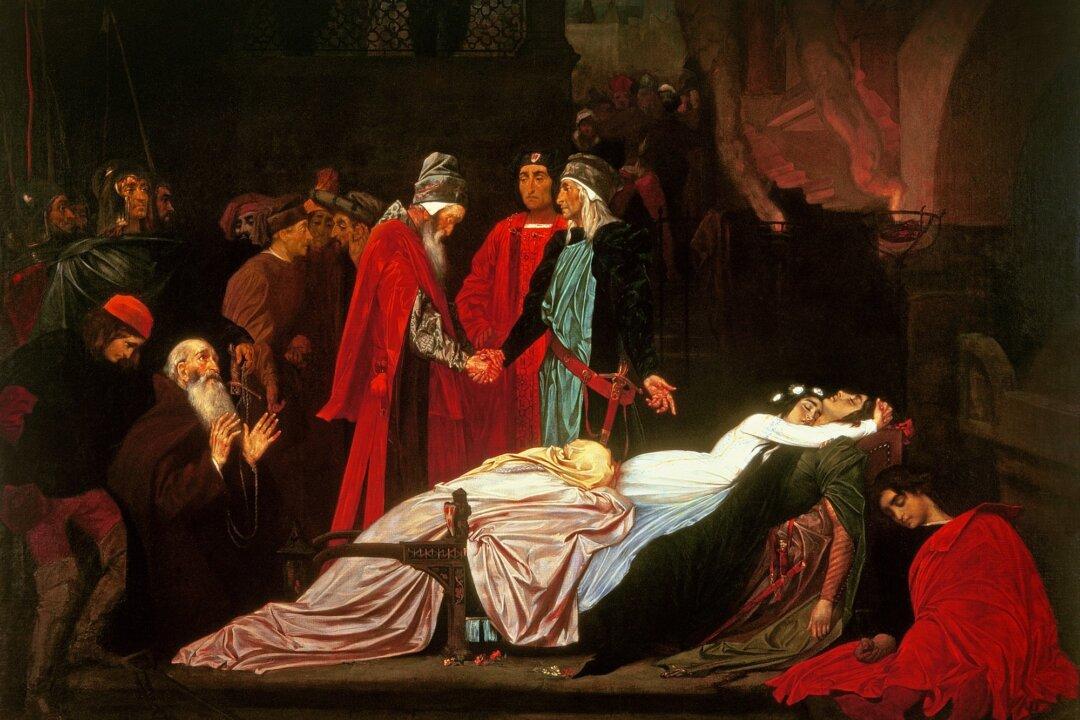Discussions of the history of religious liberty in America tend to focus on the struggles of various religious minorities with oppression in their native lands. This tends to make the overall outlook one-sided, placing the focus on how these groups won civil liberties, whether in American society itself or as a result of leaving behind religious prejudice, repression, or persecution in their native countries.
But this emphasis is on the means instead of the end, the framework for accomplishing their goal instead of the goal itself, which is the desire to openly serve God and neighbor.





